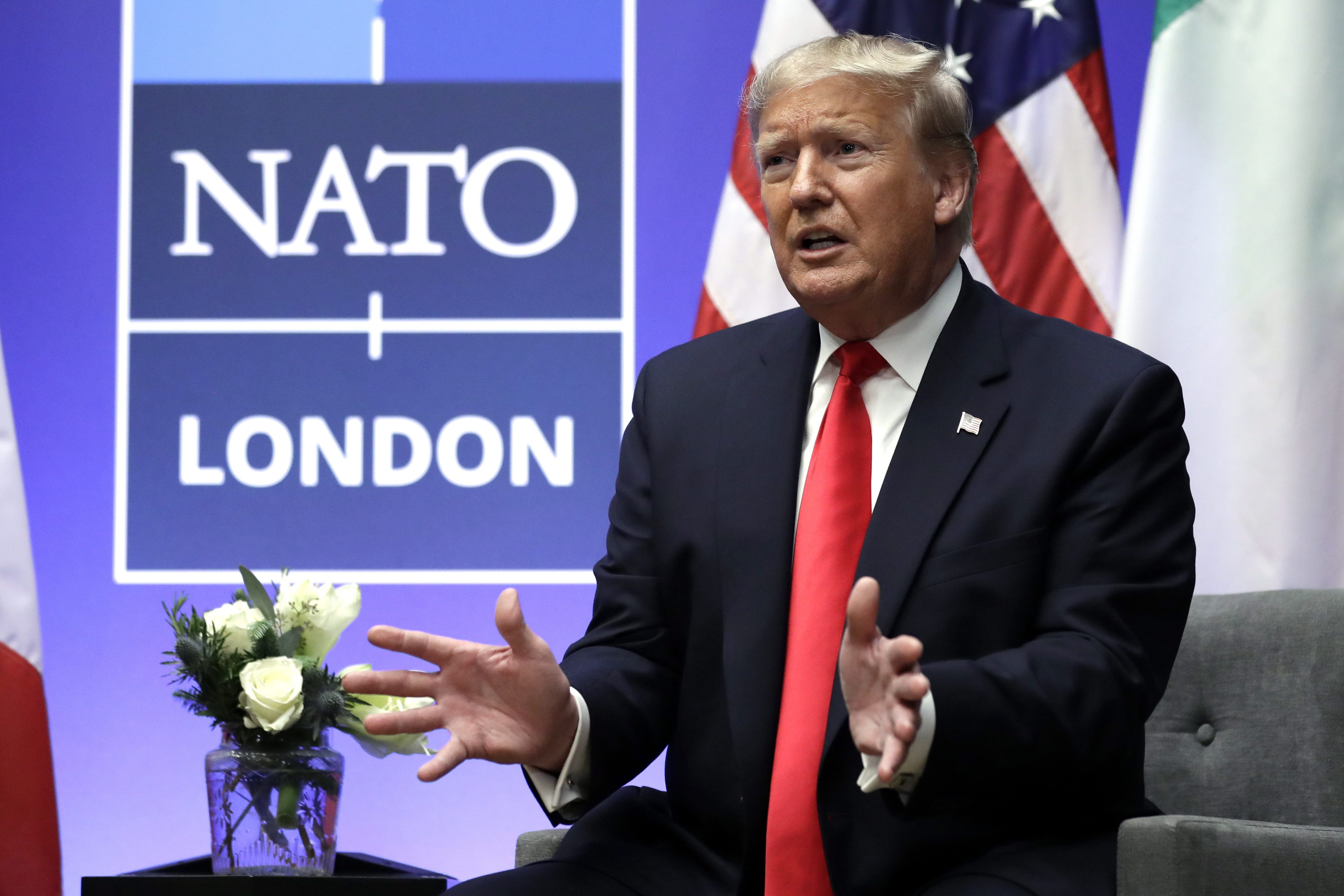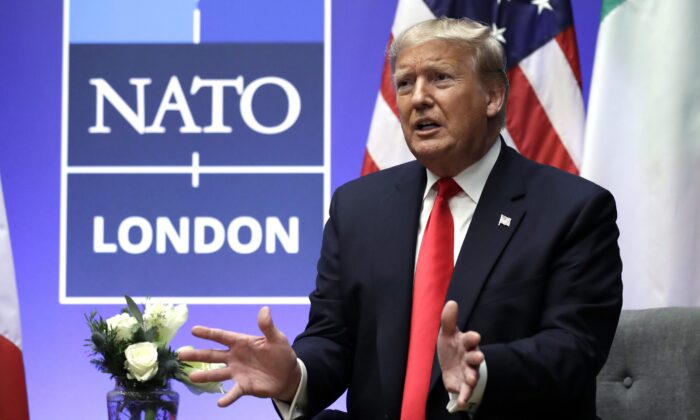
Commentary
President-elect Donald Trump’s victory will have significant implications for U.S. foreign policy across various regions, including Europe, China, Russia, and Iran. The key takeaway is a shift towards a more transactional approach, with a focus on securing deals with adversaries while reducing freebies for allies.
As a businessman, Trump prioritizes getting value for America in any exchange. While critics label this approach as “transactional,” it serves to benefit the U.S. by reducing the risk of catastrophic conflicts and promoting democracy. Additionally, the growing federal debt necessitates a more pragmatic approach to foreign relations.
One of Trump’s key policies is imposing 60 percent tariffs on China to negotiate a $1 trillion trade deal that balances trade relations. This strategy aims to reduce U.S. reliance on China and boost trade with other countries like Mexico, Vietnam, and India, thereby enhancing national security and creating more jobs domestically.
Furthermore, Trump’s skepticism towards China, exacerbated by their handling of the pandemic, will influence his decisions regarding diplomatic relations with Taiwan. By adopting a strategic ambiguity stance, Trump aims to empower Taiwan to bolster its defense capabilities against Chinese aggression.
In terms of defense spending, Trump expects U.S. allies to contribute more towards their own security. This may involve countries like Taiwan paying an “insurance premium” to reinforce U.S. commitment to their defense. Such measures aim to reduce the financial burden on the U.S. while ensuring global security.
Moreover, Trump’s administration is likely to maintain military spending levels while seeking opportunities to reduce troop deployments overseas. This approach encourages allies, particularly in Europe, to take greater responsibility for their defense against regional threats like Russia.
Overall, Trump’s presidency signifies a significant shift in international relations, with potential implications for ongoing conflicts and peace efforts. By encouraging allies to increase defense spending and rebalancing trade relations, the administration aims to promote stability and security on a global scale.
Views expressed in this article are opinions of the author and do not necessarily reflect the views of The Epoch Times.





